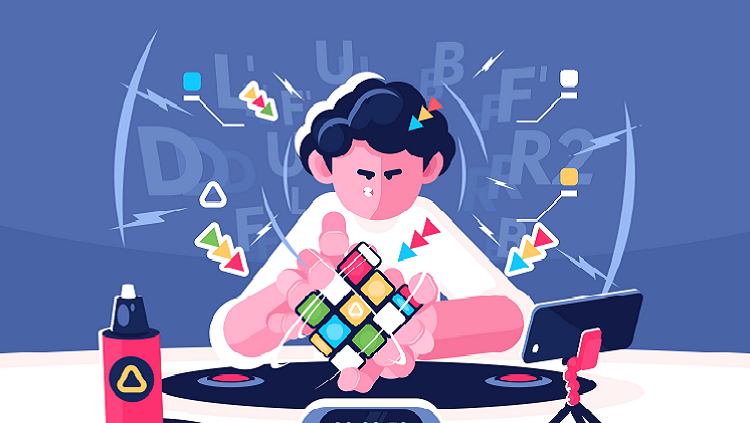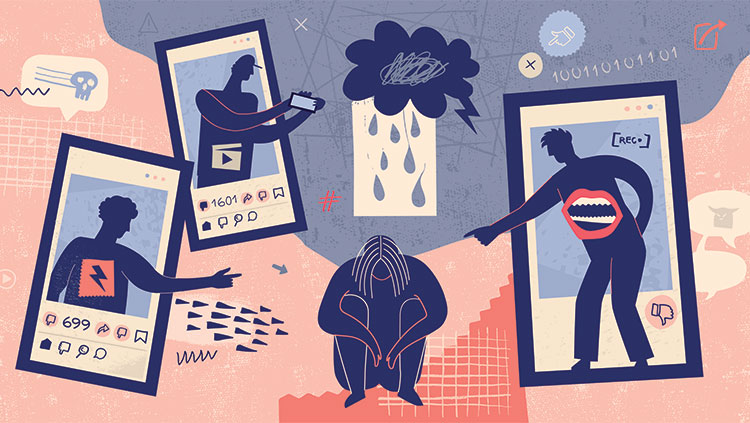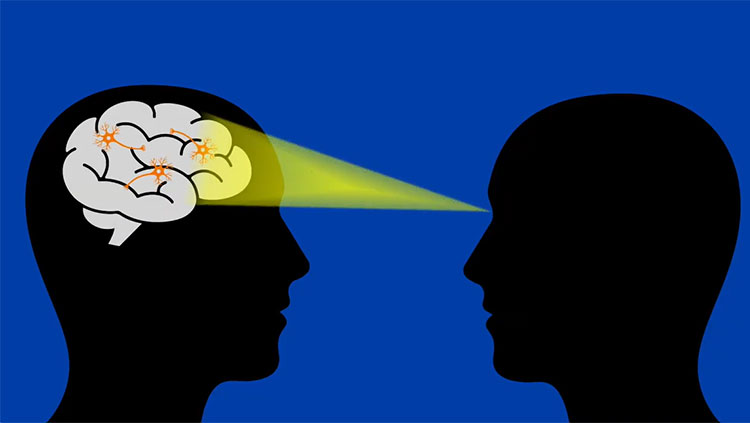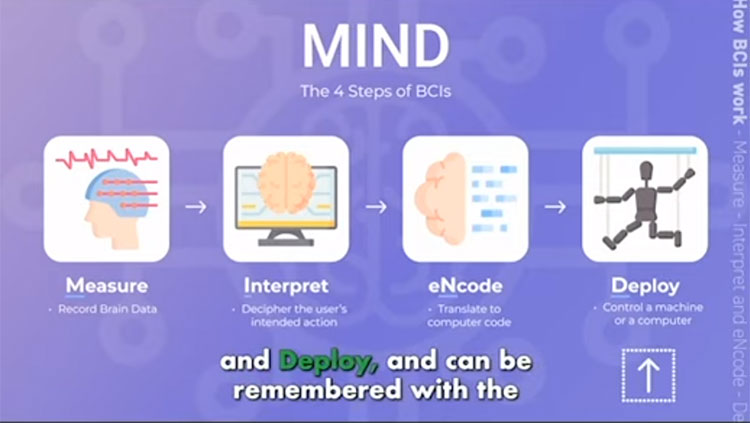Do Brain-Training Games Make You Smarter?
- Published30 Jan 2019
- Reviewed30 Jan 2019
- Author Jennifer Michalowski
- Source BrainFacts/SfN

The pitch is appealing: sharpen your mind with a few minutes of brain games each day. Unfortunately, science suggests this promise is probably too good to be true.
Brain games are touted as a quick-fix solution for a complex problem, says Daniel Simons, professor of psychology at the University of Illinois at Urbana-Champaign. “And quick fixes tend not to work.”
In 2016, Simons and colleagues analyzed more than 130 journal articles about brain training games and other forms of cognitive training. They found that many of the studies cited by the makers of these programs were poorly designed, and all failed to demonstrate real-world benefits like bolstering memory or improving driving ability. Instead, the studies typically measured users’ performance on cognitive tasks that are closely related to those practiced in the games themselves.
“Very few of these studies measure real-world outcomes at all, and many of the ones that do don’t measure them in an objective way,” Simons says. For instance, some studies used participants’ subjective assessments of their cognitive abilities, rather than cognitive test scores.
Likewise, a group of 75 international scientists published a consensus statement in 2014 declaring that claims promoting brain games are frequently exaggerated and there was no compelling scientific evidence that computer-based brain games reverse or reduce cognitive decline. In 2016, the US Federal Trade Commission charged the makers of Lumosity with deceptive advertising, saying the science did not back up the company’s ads.
Brain games likely fall short of the hype because the effects of training are limited. The brain is plastic, meaning its pathways and connections change through experience. When we practice a skill, the brain adapts, and we tend to get better at that skill. But a long history of research shows this training effect is specific: Getting better at one task won’t make you better at something else. If you do crossword puzzles every day, you will get better at crossword puzzles, but it’s not going to help you find your car in a crowded parking lot. If you play brain games on your computer, you’ll get better at those games — but it’s unlikely to enhance your ability to carry out daily tasks or improve your performance at work or school.
At the same time, there’s no definitive proof that these programs don’t work, and researchers continue to investigate them. But based on what’s already known about how training impacts cognitive performance, it would be surprising if gamified cognitive training programs enhance or impact the kinds of skills that people really care about and worry about as they age, Simons says.
Without compelling evidence to back up the hope of a quick fix, the best way to keep your brain at its best may instead be to maintain your overall well-being with a healthy diet, exercise, and plenty of sleep. Aerobic exercise, in particular, has been tied to improved cognitive function in numerous studies. And if there’s a particular skill you want to get better at, whether it’s playing a musical instrument or remembering names, you’re probably better off practicing that skill.
CONTENT PROVIDED BY
BrainFacts/SfN
References
Cognitive Health and Older Adults. (2017, May 17). National Institute on Aging – NIH. Retrieved from https://www.nia.nih.gov/health/cognitive-health-and-older-adults
Lumosity to Pay $2 Million to Settle FTC Deceptive Advertising Charges for Its “Brain Training” Program. (2016, January 4). Federal Trade Commission. [Press Release]. Retrieved from https://www.ftc.gov/news-events/press-releases/2016/01/lumosity-pay-2-million-settle-ftc-deceptive-advertising-charges
Simons, D. J., Boot, W. R., Charness, N., Gathercole, S. E., Chabris, C. F., Hambrick, D. Z., & Stine-Morrow, E. A. L. (2016). Do “Brain-Training” Programs Work? Psychological Science in the Public Interest: A Journal of the American Psychological Society, 17(3), 103–186. doi:10.1177/1529100616661983
Smith, P. J., Blumenthal, J. A., Hoffman, B. M., Cooper, H., Strauman, T. A., Welsh-Bohmer, K., … Sherwood, A. (2010). Aerobic exercise and neurocognitive performance: a meta-analytic review of randomized controlled trials. Psychosomatic Medicine, 72(3), 239–252. doi:10.1097/PSY.0b013e3181d14633
Also In Tech & the Brain
Trending
Popular articles on BrainFacts.org


















